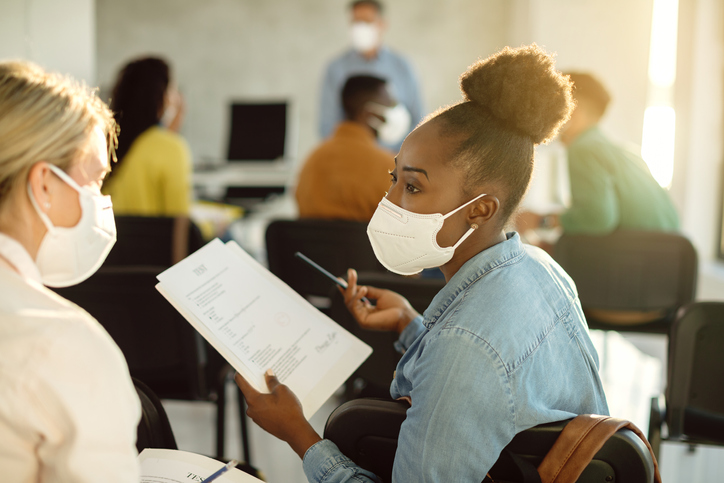Heading Back to Campus: Returning to “Normal” in the Fall

Since March 2020, there has been no such thing as a “typical” on-campus college experience. High school students fell in love with their chosen university not during a campus tour, but virtually. Orientation activities were scaled back. Students were not permitted to visit friends in other residence halls. They remained in their dorm rooms all day, taking courses virtually rather than filling vast lecture halls. Others took extended leaves of absence, choosing to delay completion of their degree. Dining halls contained grab-and-go options and discouraged gathering. Few took part in student organizations or attended sporting events, as many of these could not occur due to necessary restrictions to prevent the transition of the virus. The typical on-campus college experience was far from typical.
As students return to campus, they should consider the following as ways to promote mental wellness and academic success:
- Attend back-to-campus events, even if this is not your first year on campus. Check out a new student organization. Prioritize connecting with others.
- Take advantage of university funds that may be available to support you as you face financial setbacks. Many universities received money through the Coronavirus Aid, Relief, and Economic Security (CARES) Act that is slated to support students (1).
- Stay abreast of evolving COVID-related restrictions. It has been confusing and stressful to navigate constantly changing regulations, and uncertainty persists as we enter the 2021 - 2022 academic year. Be open to change.

- Get vaccinated, even if your university is not requiring it. The more people on campus who are vaccinated, the less likely there are to be interruptions to your education.
- Communicate with your instructors about your needs. Connect with your college or university’s disability services office if you suspect you may need academic accommodations.
- Connect with the mental health services provided on campus and in the surrounding community. Seeking the support of a licensed therapist or psychiatrist will help to alleviate the distress you have been experiencing over the past few years by helping you learn healthy coping strategies.
- Check your health insurance to ensure it provides adequate coverage where you are attending.
- Be kind to yourself. Ask for help when you need it. The last couple of years have been challenging andyou are not alone in your struggles.
More information on college student mental health:
References
- American Council on Education. Coronavirus Higher Education Relief Fund: Simulated Distribution of Funds Under the Cares Act
